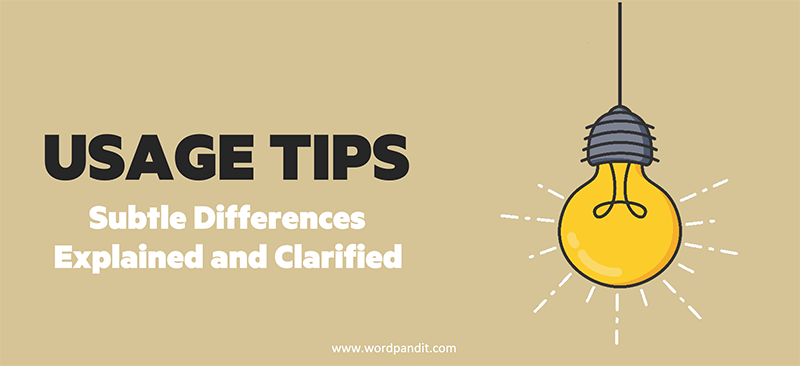Judicial means relating to a judge, to a legal court system, or to the judiciary: “The criminal has been sent to judicial remand for ten days.”
Judicious, on the other hand, means showing sound judgment: “We should be judicious in our selection of friends.”






